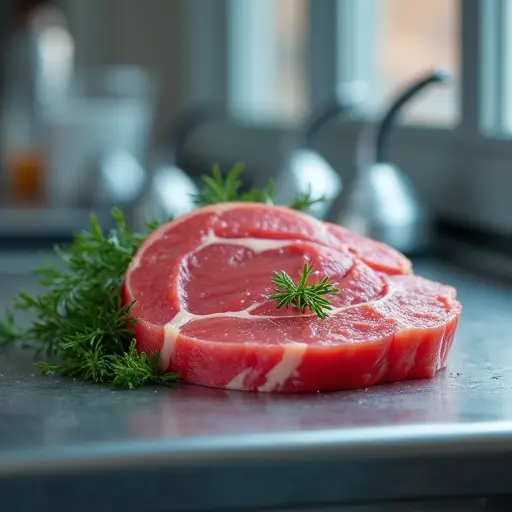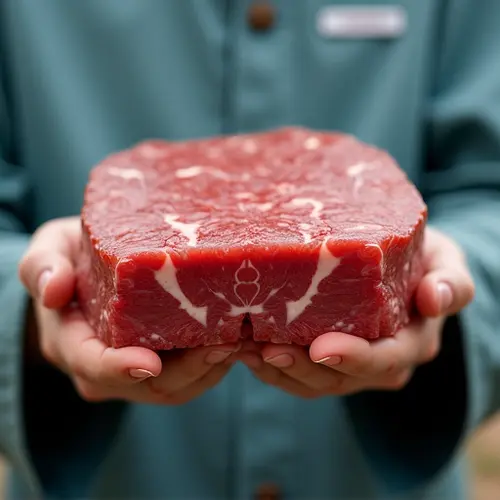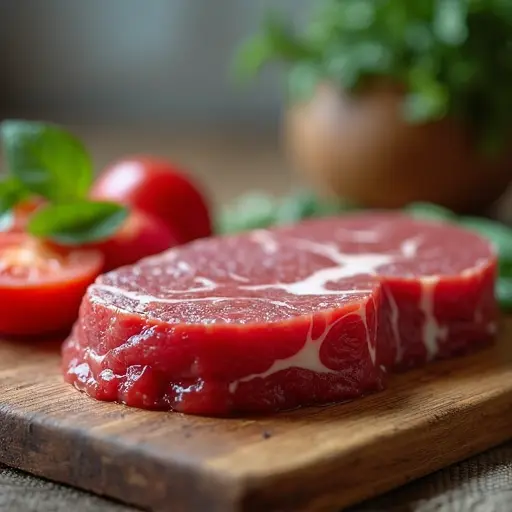
The Future of Food Arrives
Synthetic meat has received regulatory approval for mass-market distribution, marking a historic turning point in global food systems. After years of development, lab-grown proteins from companies like GOOD Meat and Mosa Meat will now appear on supermarket shelves worldwide. This milestone follows Singapore's 2020 pioneering approval and subsequent US and European regulatory breakthroughs.
Health and Nutrition Revolution
Cultivated meat offers significant health advantages over traditional livestock. Production occurs in sterile bioreactors, eliminating antibiotic use and reducing foodborne illness risks. Manufacturers can precisely control fat content - creating healthier versions of traditionally fatty meats like beef. Nutritionists highlight potential benefits for cardiovascular health, though long-term studies are ongoing.
Ethical Transformation
"This ends industrial animal suffering," states Animal Welfare Institute director Susan Millward. Unlike conventional meat, cultured varieties require no animal slaughter, with production starting from small cell samples. The technology also reduces zoonotic disease transmission risks by eliminating crowded factory farms.
Economic Impact
Production costs have plummeted 80% since 2022 thanks to plant-based growth media replacing expensive fetal bovine serum. Major food corporations like JBS have invested heavily, with market analysts projecting $25 billion in cultured meat sales by 2030. Price parity with conventional meat is expected within 18 months.
Environmental Wins
According to FAO data, lab-grown meat reduces land use by 99% and water consumption by 96% compared to traditional livestock. The carbon footprint is up to 92% lower, offering significant climate change mitigation potential as global meat demand continues rising.
Consumer Acceptance Challenges
Despite regulatory approval, consumer skepticism remains. A 2025 University of Sydney study showed only 35% of Americans willing to try cultured meat. Companies are addressing this through chef collaborations and hybrid products blending plant-based and cultivated proteins.
What's Next?
Over 25 companies now produce diverse offerings from BlueNalu's cell-based seafood to Vow's exotic meats. Regulatory frameworks continue evolving, with EU approvals anticipated later this year. As production scales, prices will keep falling - potentially making cultured meat the ethical, sustainable default choice within a decade.

 Nederlands
Nederlands
 English
English
 French
French
 Deutsch
Deutsch
 Espaniol
Espaniol
 Portugese
Portugese








